Travels Through Historical Fiction: Mysterious Devon
Today on History Imagined we have a special guest. I was delighted when the very talented author, Helen Hollick commented on my recent post about Cornwall and she set my imagination stirring. I immediately planned a post about her home county of Devon and asked if she would be willing to share her personal perspective on the subject. She said yes! Helen is with us today to give an insider’s view of life in Devonshire and of her favorite historical fiction set there.
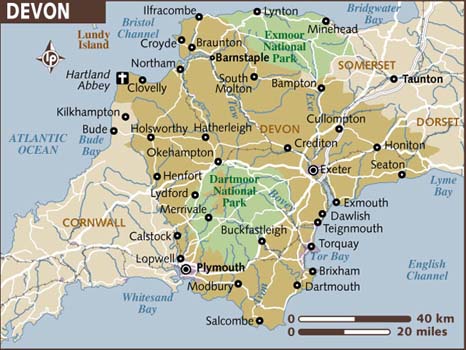 Before we welcome her, however, a little background might be useful to those unfamiliar with the English map and the history of the area. Devon is located in far southwestern England and shares a border with Cornwall, Somerset, and Dorest. Devonshire, as it was historically known, is a land of green rolling hills, hedge lined country lanes, quintessential English villages with thatched cottages, and wild windswept moors. It is also a county where many famous novels were set. Although many of them were contemporary fiction when they were first published, today they read like historical fiction. Agatha Christie’s Miss Marple series and many of her Hercule Poirot stories are set in Devon. In addition, my all time favorite Sherlock Holmes story, The Hound of the Baskervilles, is set on Dartmoor where a national park now stands. And now let’s see what Helen Hollick has to tell us.
Before we welcome her, however, a little background might be useful to those unfamiliar with the English map and the history of the area. Devon is located in far southwestern England and shares a border with Cornwall, Somerset, and Dorest. Devonshire, as it was historically known, is a land of green rolling hills, hedge lined country lanes, quintessential English villages with thatched cottages, and wild windswept moors. It is also a county where many famous novels were set. Although many of them were contemporary fiction when they were first published, today they read like historical fiction. Agatha Christie’s Miss Marple series and many of her Hercule Poirot stories are set in Devon. In addition, my all time favorite Sherlock Holmes story, The Hound of the Baskervilles, is set on Dartmoor where a national park now stands. And now let’s see what Helen Hollick has to tell us.
LBP: Welcome to History imagined, Helen! Thank you for joining us and sharing your personal insights into life in Devon. I’d like to begin by asking about the area in which you live. Could you give us an idea of what it looks like? Cottage or house? Seaside or moor? Village, town, city, or countryside?
 HH: I live in a four-bedroom, very old farmhouse that was built in 1769. The surrounding farm used to be a dairy – we even have an old glass milk bottle with the dairy name and telephone number dating back to the late ‘60s as a reminder! We are one mile away from the nearest village (along a narrow, winding, very quiet lane with high-edged Devon banks smothered in snowdrops, primroses, daffodils or foxgloves depending on the season.) The Village is Chittlehamholt in North Devon, about fourteen miles from Barnstaple. The village pub, The Exeter Inn, with its old beams and thatched roof has stood there since the 1500s – an old coaching inn because back then the road through the village was the main route from Barnstaple to Exeter, which is about 40 miles away.
HH: I live in a four-bedroom, very old farmhouse that was built in 1769. The surrounding farm used to be a dairy – we even have an old glass milk bottle with the dairy name and telephone number dating back to the late ‘60s as a reminder! We are one mile away from the nearest village (along a narrow, winding, very quiet lane with high-edged Devon banks smothered in snowdrops, primroses, daffodils or foxgloves depending on the season.) The Village is Chittlehamholt in North Devon, about fourteen miles from Barnstaple. The village pub, The Exeter Inn, with its old beams and thatched roof has stood there since the 1500s – an old coaching inn because back then the road through the village was the main route from Barnstaple to Exeter, which is about 40 miles away.
We have thirteen acres of land – mostly grazing for our horses (my daughter is a semi-professional showjumper and also rides sidesaddle). We have an orchard where the seven ducks and two geese roam – strongly protected from marauding foxes by an electric fence. All I can see from my study window is rolling hills, trees, and green fields. Fabulous!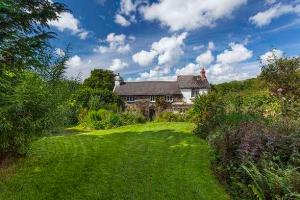
LBP: Oh, that sounds lovely! I have to say that I am just the wee bit envious!
In a recent communication, you mentioned scones, cream, and jam. Could you describe these most British of foods for those unfamiliar with Devon’s particular tradition? Do Devonians use clotted cream? And exactly what is clotted cream anyway? Homemade or store bought jam? Etc.
HH: Scones are a sort of bun – more doughy and buttery, and not as light as a cake. You can have plain, savoury (cheese scones) or fruit ones with raisins and/or cherries – or any fruit you fancy. Clotted cream (from the rich milk of Devonshire cows) is a thick cream – absolutely gorgeous (although the waistline disagrees with that statement LOL!). Jam (Jello? Jelly? in the States?) is far better if homemade and packed with fruit – blackberry, strawberry – damson… mmm my mouth is watering!
The thing is there is a certain amount of (lighthearted) ‘Cream Tea’ rivalry between Devon and Cornwall.
For a Cornish scone you would cut the scone in half, spread with butter, then the jam, then the cream.
For Devon scones it is no butter, spread the cream and add a dollop of jam on top (traditionally, strawberry jam.) No one really knows when this West Country Tradition of a Cream Tea arose but chunks of bread with cream and jam was apparently served at Devonshire’s Tavistock Abbey in the 11th century.
LBP: Sounds scrumptious, though I must say that butter seems a bit unnecessary with all that luscious cream! Do you have a favorite Devon scone recipe that you wouldn’t mind sharing? Scones recipes seem to vary with location. Savory or sweet? With fruit or plain?
HH: I hate to admit it but I’m a dreadful cook! (Although I do make my own jam!) Here’s a link to a recipe by Delia Smith – she is one of England’s best loved cooks and she also used to regularly stay in the hotel that is in our village! Local legend has it that she used to try out new recipes in the kitchens for guests to sample! http://www.deliaonline.com/recipes/type-of-dish/sweet/buttermilk-scones-with-west-country-clotted-cream-and-raspberry-butter.html
LBP: I’m going to try that one! Have you lived in Devon all of your life? If not, what brought you there? If yes, what was it like growing up in Devon?
HH: Ah. No! In fact my family (husband, daughter and son-in-law) moved here only three years ago – we moved in on a snowy day on 18th January 2013. Before that we lived in the very busy, very built-up, very crowded North-East London Suburb of Walthamstow. The only advantage was that Epping Forest and the County of Essex was ten minutes drive away – where we kept our horses at a livery yard.
For anyone who remembers the London 2012 Olympics, Walthamstow was on the edge of the Olympic park. We could hear some of the shouting to cheer athletes on when the wind was in the right direction.
And the reason we moved? Well we had a financial windfall because of the Olympic Games. The National UK Lottery ran a special prize draw to celebrate the opening night. We were one of the one-hundred lucky winners, the prize being enough to ‘escape’ London and buy our farm! Very much a dream come true for all of us!
LBP: OH. MY. GOSH! I don’t think I’ve ever known anyone who actually won a lottery! I certainly understand why you chose to spend your windfall as you did. Envy has now moved on to total greened-eyed jealousy! 🙂
While England is fairly compact in size, each of her counties seems to have its own individual history and traditions. What tradition(s) would you say most represents Devon? Festivals? Days of celebration? Patron saint?
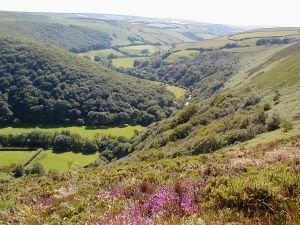
Done Valley
HH: I would say farming. Devon is very lush and green – we get a lot of South-Westerly weather (LOL – rain and high winds!) which in turn brings fertile grass and fields for sheep and cattle. Even the Romans valued the grazing! (I wonder if they had a form of Devonshire Scone?)
LBP: Since this blog is devoted to all things historical, what do you feel are the most important historical events that took place in Devon? In your opinion, which events had the greatest impact on British history in general? Please feel free to include as many or as few events as you wish.
HH: Goodness – where to start! One of my novels is about the events that led to the Battle of Hastings in 1066 (Harold the King is the UK edition title / I Am The Chosen King the US edition title). I think most people interested in history know that King Harold II was defeated by Duke William of Normandy at the Battle of Hastings. What many people do not know, Harold was a much loved Earl before he became King and he held lands here in Devon (as well as elsewhere). In 1052 he and his family were exiled for about a year –but Harold and one of his brothers landed on the North Devon coast, at Porlock, raised an army and fought their way back to favour.
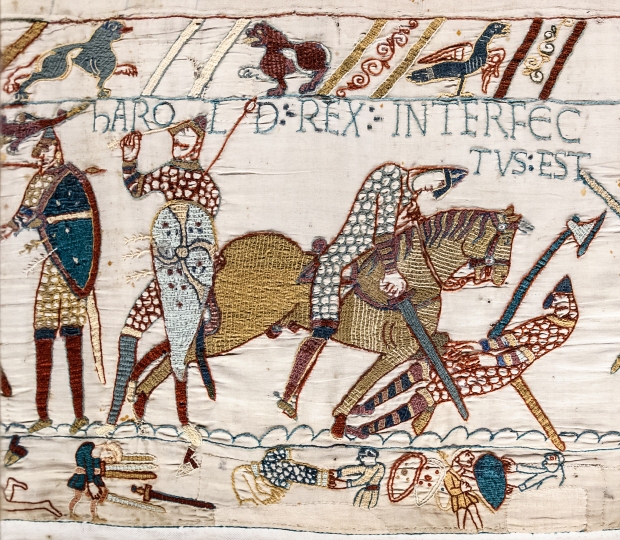
Bayeux Tapestry “Hic Harold Rex Infectus Est” “King Harold has been killed.”
Harold’s mother owned land not far from my house, which she gave to the Church to build a monastery. Later, the buildings were destroyed and sold and a Manor House built there instead. It is still there and used as a hotel and wedding venue now. My daughter got married there in 2014!
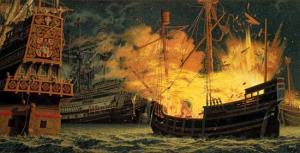
A British fireship heading for a Spanish galleon.
I guess the most important events to be associated with Devon, though, are the Spanish Armada, which happened during the reign of Elizabeth I, and the sailing of the Pilgrim Fathers in the Mayflower. Sir Francis Drake – responsible for the Armada defeat – was a Devonian. Indeed he is reported as insisting on finishing his game of bowls at Plymouth Hoe before setting sail to fight! (Actually, not as silly or arrogant as it sounds – he couldn’t sail until the tide turned, so he knew he had plenty of time.)
The Mayflower set sail with 120 souls aboard in 1620 from Plymouth docks – the founding of the Colony of America!
LBP: What do you enjoy most about living in Devon?
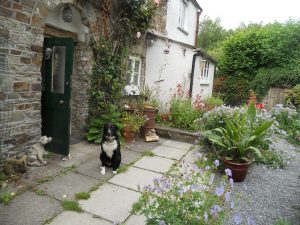 HH: Oh all of it! The life here in North Devon is a slower pace – I am nowhere near as stressed as I used to be. The people are friendly and helpful, the air clean and fresh. The only noise at night is the wind in the trees – it sounds like the sea on some nights; the rushing water of the distant River Taw, owls calling, and the occasional bleating of sheep and lowing of cows. Perfect!
HH: Oh all of it! The life here in North Devon is a slower pace – I am nowhere near as stressed as I used to be. The people are friendly and helpful, the air clean and fresh. The only noise at night is the wind in the trees – it sounds like the sea on some nights; the rushing water of the distant River Taw, owls calling, and the occasional bleating of sheep and lowing of cows. Perfect!
LBP: I have chosen titles to include in this posting of Travels through Historical Fiction, but I am wondering what some of your favorites set in Devon are? Many of mine were contemporary when first published, but now read like historical fiction due to the passage of time since they first appeared.
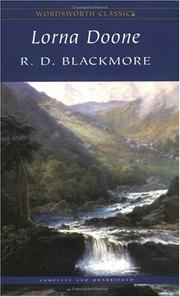 HH: Lorna Doone by R.D. Blackmore is set on Exmoor (although the TV drama starring Sean Bean is good to watch!) and Tarka the Otter by Henry Williamson is about the wildlife along the River Taw – ‘my’ river that flows past our house. My favourite, though, is a pony story: Moorland Mousie by Golden Gorse. Written in the ‘50s it is about a wild Exmoor pony captured as a youngster, broken in and becomes a treasured pet.
HH: Lorna Doone by R.D. Blackmore is set on Exmoor (although the TV drama starring Sean Bean is good to watch!) and Tarka the Otter by Henry Williamson is about the wildlife along the River Taw – ‘my’ river that flows past our house. My favourite, though, is a pony story: Moorland Mousie by Golden Gorse. Written in the ‘50s it is about a wild Exmoor pony captured as a youngster, broken in and becomes a treasured pet.
I poured over pony stories from when I was nine. You see I desperately wanted a pony of my own, but we could never afford one. For my ninth birthday I received a present. I could feel it was a book. ‘How boring,’ I thought – opened it up and it was a pony story.
Until that moment (although I was a heavy reader) I never knew these sort of stories existed. I devoured that book (I still have it these 54 years later!). No, it wasn’t Moorland Mousie, that followed soon after, but from first reading that book I fell in love with the wilds of Exmoor, and the Exmoor Pony. Never dreaming I would one day live within about eight miles of the Moors. Nor ever dreaming that I would one day actually own two genuine Exmoors – both bred wild on Exmoor but now part of our family! The Exmoor Pony, by the way, is one of the UK’s oldest breeds – it can trace back more than 2,000 years!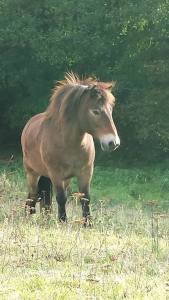
From reading about ponies, when I was thirteen I started writing about them. Making up a fictional pony of my own seemed the next best thing to having one – didn’t everyone do this? I was quite staggered to discover that, no, people didn’t!
I went on to write fantasy and science fiction (this was when Star Wars came out – first time round!) Then I discovered the enjoyment of historical fiction, wrote a trilogy about King Arthur (The Pendragon’s Banner Trilogy) setting him as a warlord in the 5th century) which was accepted for publication a week after my 40th birthday.
LBP: Which of your own titles are set in Devon? Can you tell us a little about them?
HH: The scene where Earl Harold lands of Porlock is in my 1066 book (above) but I also write a pirate-based adventure series (think Pirates of the Caribbean crossed with Indiana Jones, James Bond, Hornblower and Sharpe!) The Fourth in the Sea Witch Voyages, Ripples In The Sand is set on the North Devon coast at Appledore, Instow, Bidefordd and Barnstaple.
I wrote it a few years ago (again never dreaming I would live here) and used these locations because my editor used to live at Instow, overlooking the confluence estuaries of the River Taw and River Torridge and the sea. I have lots of scenes set in the quaint old harbor town of Appledore and a jailbreak (organized by my pirate Captain, Jesamiah Acorne) from Barnstaple.
I write the books for fun – but they are for adults. I enjoyed the first Pirates of the Caribbean movie very much (OK, who can resist Johnny Depp’s Jack Sparrow?) but I wanted a similar book to read – something for adults with a charmer of a hero, a pretty heroine, lots of nautical adventure and a touch of believable fantasy. I couldn’t find a single adult book. Simple solution. I wrote my own. I have just finished the Fifth Voyage – On The Account, which starts off with the ‘pretty heroine’ (who is a midwife, healer, and a white witch) scampering about on Exmoor.
LBP: Thank you so much for giving us this firsthand peek into life in Devon! A visit to your lovely county is definitely on my bucket list!!
HH: Thank you for inviting me: and if you are ever in the vicinity of Chittlehamholt do drop in for a chat, a cup of tea – and a Devonian scone!
Gallery of Book Covers
Some of these titles were contemporary when they were first published but have now moved into the realm of historical fiction due to the passage of time since they first appeared.
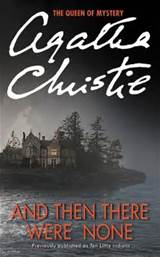
I recently purchased the entire Agatha set at an antique shop. Just finished reading this one. I solved it before the big reveal!!
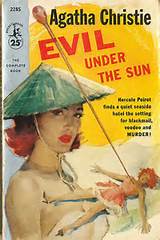
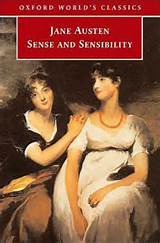
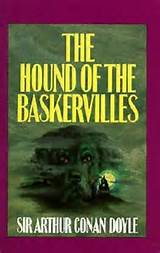
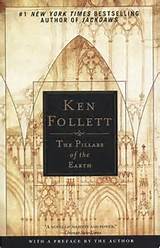
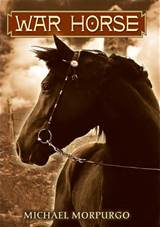
Devon Gallery


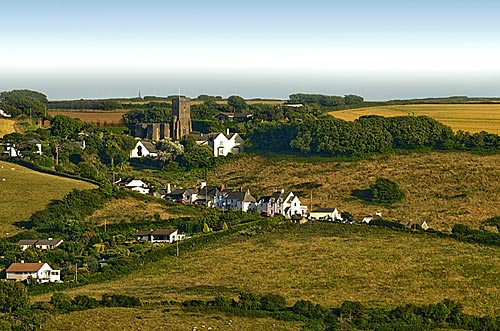
Salcombe, Devon
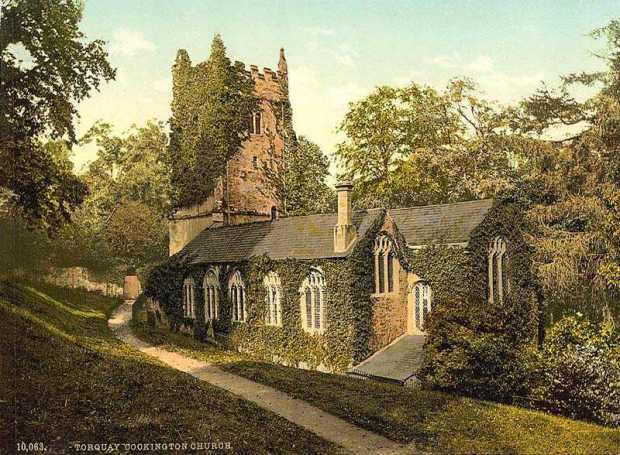
Torquay Cockington Church
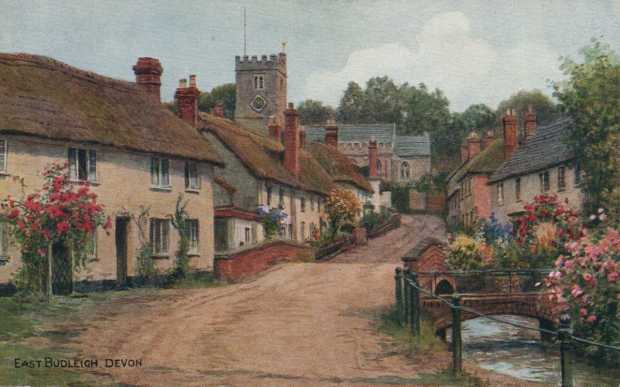

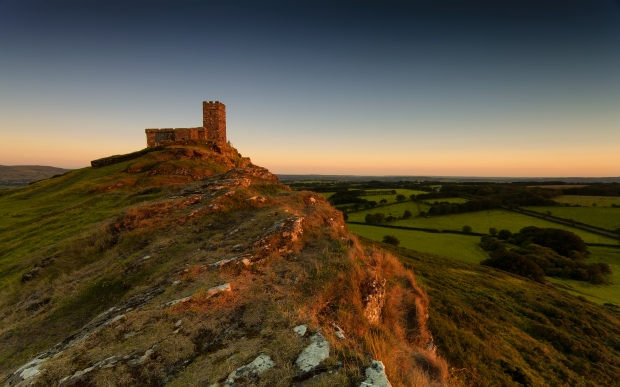
HELEN’S LINKS:
Website: www.helenhollick.net
Blog: www.ofhistoryandkings.blogspot.com
Helen’s Amazon Page : viewAuthor.at/HelenHollick
Facebook: www.facebook.com/HelenHollickAuthor
Twitter: @HelenHollick
Newsletter http://h2unews.blogspot.co.uk/
Helen’s Devon Diary : http://leaningonthegate.blogspot.co.uk/
Another beautiful post, Linda and Helen. The scenery is beautiful enough to make me want to pack my bags and head east, across the pond. And the history of the Exmoor Pony was an unexpected treat for those of us who yearned for a pony all our lives. Thanks for a great article.
LikeLiked by 2 people
Thanks Becky – coming from busy London I very much appreciate the quiet and the beuty of where I now live. I also don’t mind the mischief the Exmoor pony gets up to!
LikeLiked by 1 person
I’ve wanted to move to England for a long time. I’m just not marketable as an employee 😦
LikeLike
Beautiful. Makes me want to pack my bags and head to Devon.
LikeLiked by 2 people
Thanks for dropping by, Christie! My bags are packed! Now, if I can just round up that pesky airfare!
LikeLike
Remember to pack an umbrella – it does rain quite a bit…. 🙂
LikeLiked by 1 person
Lovely! I’m ready for a vacation 😉
LikeLiked by 2 people
Thank you for stopping in, Alanna!
LikeLike
Ohg do come to Devon, it is the most beautiful county!
LikeLiked by 1 person
What a lovely blog post…I’m now hungry to eat my first scone and need to travel to Devon!!!
LikeLiked by 1 person
A lovely cream tea sounds good, doesn’t it?
LikeLike
A treat awaits! 🙂
LikeLiked by 1 person
What a delightful post! Of course, now I want Devonshire Tea 🙂 I’m married to an Aussie, Helen, so you know I’m very aware of Devonshire Tea. We had it often down at Sanctuary Cove.
I was so thrilled the first time my hubby took me to “tea”. I couldn’t wait to see and try scones.
Well, you can imagine his wide eyes and then, whooping laughter, when they brought the tea and scones to our table and I leaned forward and whispered, “Why, it’s like our butter flake biscuits and jam!” I know there’s a difference, I think it’s baking soda in our biscuits, either that or baking powder, (you can tell I try not to cook, anymore) but there are similarities. And, down here in the south, our biscuits are always served with jam…although we ran a commercial here years ago calling jam, jelly. 🙂 Lovely conversation this morning, and gorgeous pictures 🙂 Not to mention a lottery winner! Oh, my! 🙂 Gives me hope!
It was a great time, gals 🙂 Lo
LikeLiked by 2 people
Thank you for dropping in, Lo! The biggest difference I’ve noticed between Southern biscuits and scones is that scones tend to be sweet and Southern biscuits are always savory and usually made with buttermilk. I did a little research a while back to see if they developed from the same tradition, but it seems they developed simultaneously rather than consecutively!
LikeLiked by 1 person
There! The universe has spoken! Nothing random about this! 🙂
LikeLiked by 2 people
‘Butter flake biscuits’ doesn’t quite have the same ring as Devonshire cream, jam and scones though! *laugh*
LikeLiked by 1 person
Thank you, Linda & Helen, for bringing back fond memories. My family and I spent a week in Devon at the Langdon Court Hotel. It was heavenly. The bucolic countryside and the tiny hedge lined lanes were a historical novel aficionados bliss.
LikeLiked by 2 people
Sounds like a wonderful vacation! Thank you for dropping in!
LikeLiked by 1 person
thanks Linda for hosting the article and inviting me onto your blog!
LikeLiked by 1 person
Aren’t the lanes lovely! Especially when out in full bloom with primroses or daffodils or foxgloves and a host of other wild flowers!
LikeLiked by 2 people
Helen: Wonderful article – and the photos, “Dreamy.” (I love that Baz made it into one of the pictures). It’s all so inviting, you might get a horde of visitors.
Linda: Another great blog to bookmark and follow.
LikeLiked by 1 person
Aw, thanks, Inge! Welcome to history imagined!
LikeLiked by 1 person
Thanks Inge – I try to get Baz or the ponies in where I can
LikeLike
Helen: Wonderful article – and the photos, “Dreamy.” (I love that Baz made it into one of the pictures). It’s all so inviting, you might get a horde of visitors.
Linda: Another great blog to bookmark and follow.
LikeLiked by 1 person
Brilliant post Linda and Helen, I enjoyed every word of it. Well done, you.
LikeLiked by 2 people
Thanks, Caroline!!
LikeLiked by 1 person
Thanks Caroline lovely of you to leave a comment!
LikeLike
lovely interview. Beautiful insight into the history of Devon.
LikeLiked by 2 people
Thank you, Lata!
LikeLiked by 2 people
Thank you Lata!
LikeLiked by 1 person
Wonderful interview! And the pictures. Gorgeous!
LikeLiked by 2 people
Thank you, Susabelle!
LikeLiked by 1 person
Thank you for dropping by Susabelle
LikeLike